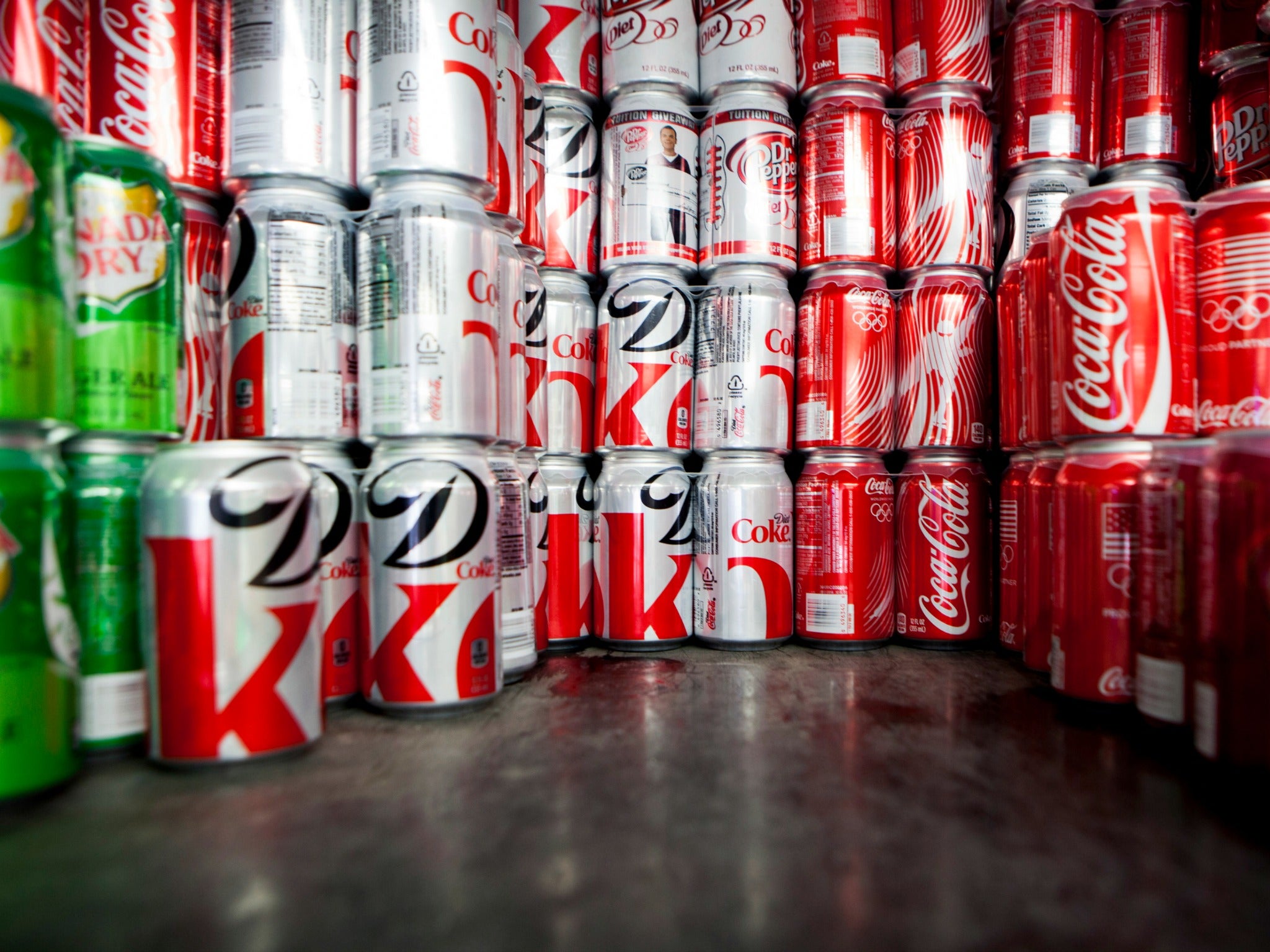Victory for sugary drinks industry as US court blocks health warnings on adverts
A win for the soda industry in the wider sugary beverage war

In a victory for the soda industry, a California appeals court has blocked a San Francisco ordinance that would have required health warnings in advertisements for sugary beverages.
A city ordinance passed in 2015 requires ads for sugar-sweetened drinks to bear language saying consuming drinks with added sugar “contributes to obesity, diabetes and tooth decay”. A business coalition that included the American Beverage Industry Association - whose members include titans like Coca-Cola, Dr Pepper and Pepsi - sued to try and derail the ordinance.
After losing an initial attempt to win an injunction suspending the ordinance, the business coalition prevailed on appeal. The Ninth Circuit Court of Appeals ruled on Tuesday that the warning language overplayed the risks of sodas, misleading consumers by implying sugary beverages are riskier than other sweets, and “unduly burdens and chills protected commercial speech”.
The ruling handed a win to an industry that has been working on numerous fronts to halt new regulations and taxes on sodas and other sugary beverages, which sit at the epicentre of a political battle over America’s obesity epidemic.
“Today’s decision affirms our position that the San Francisco warning mandate not only violates the constitutional right to free speech but it is also deceptive and misleading to consumers,” the American Beverage Association said in a statement. “America's beverage companies believe there are better ways to help people reduce their sugar consumption. That's why we're taking steps to reduce sugar in our beverages, offer more choices with less sugar and put calorie information up front so people can make informed decisions about their drinks.”
A spokesman for the San Francisco City Attorney's office said the “disappointed” city was “analysing the decision and evaluating all of our options”.
“San Francisco remains committed to being a leader when it comes to protecting the health of our residents, especially our children,” spokesman John Coté said in an email.
Public health advocates and their political allies fault near-ubiquitous sweetened beverages for widening waistlines and driving up diabetes rates, warning that the drinks appeal especially to young people. In states and cities around the country, they have fought to broadcast those risks or deter consumption with new taxes.
Proposals to curb soda consumption by taxing sugary drinks or affixing them with health warnings, similar to those featured on cigarette packs, have met fierce industry opposition. Efforts by the California Legislature to mandate such warnings have repeatedly withered in the face of industry lobbying.
Thwarted at the state level, advocates have turned to cities - and found expensive battles. Entities funded by the American Beverage Association spent around $30 million to beat back a trio of municipal soda tax proposals in the Bay Area during the 2016 election (all three passed).

Deep-pocketed supporters also poured millions into the effort, with billionaire former New York City Mayor Michael Bloomberg - who failed to enact a soda tax during his tenure - among those donating heavily to pro-tax campaigns.
Join our commenting forum
Join thought-provoking conversations, follow other Independent readers and see their replies
Comments
Bookmark popover
Removed from bookmarks